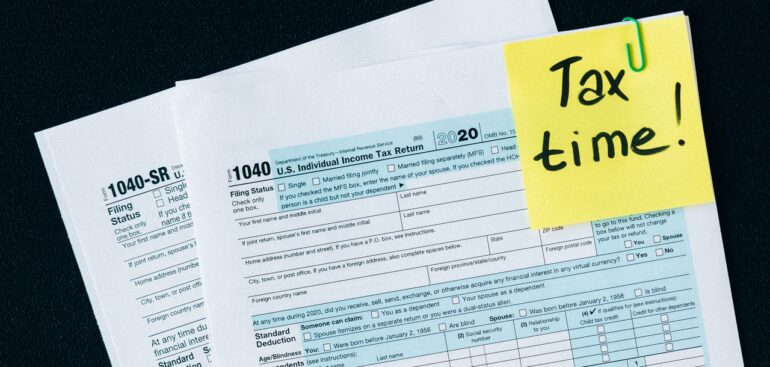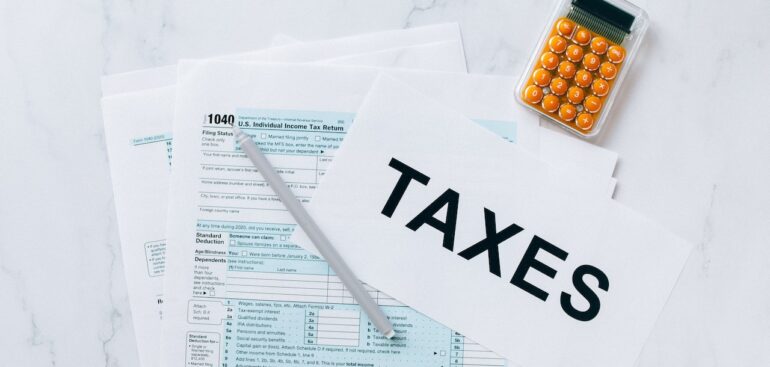What is Tax-Free Savings Account (TFSA)? A Tax-Free Savings Account (TFSA) is a registered investment account that allows Canadian residents 18 years of age or older to earn tax-free investment income. Since 2009, federal government, through TFSAs allow individuals to contribute a set amount each year to the account, up to […]
Understanding the significance of tax due date 2024 is crucial for effective financial planning. This guide offers key insights to empower your tax strategy. Key Takeaways: – Understanding income tax due dates is vital for financial planning. – Late filings can result in penalties, affecting your financial health. – Stay informed […]
Small company owners must concentrate on completing their taxes while Canadians finish their income tax returns. Self-employed people have until June 30 to file their tax forms, and the payment deadline is still May 2. The deadline for filing for people with incorporated businesses is six months following the conclusion of […]
Ah, tax season. For many Canadians, it’s a period filled with dread, a time for scrambling to gather receipts and decipher confusing forms. But fear not! With some knowledge and the right resources, tackling your personal taxes can be a smooth (and potentially rewarding) experience. This blog post serves as your guide […]
The Second Additional Canada Pension Plan (CPP), also known as CPP2, introduced in 2024. It enhances retirement income for Canadian citizens and residents who contribute to the regular CPP. It allows individuals to contribute to a higher earnings ceiling and potentially receive higher retirement benefits. What is Second Additional Canada Pension […]






